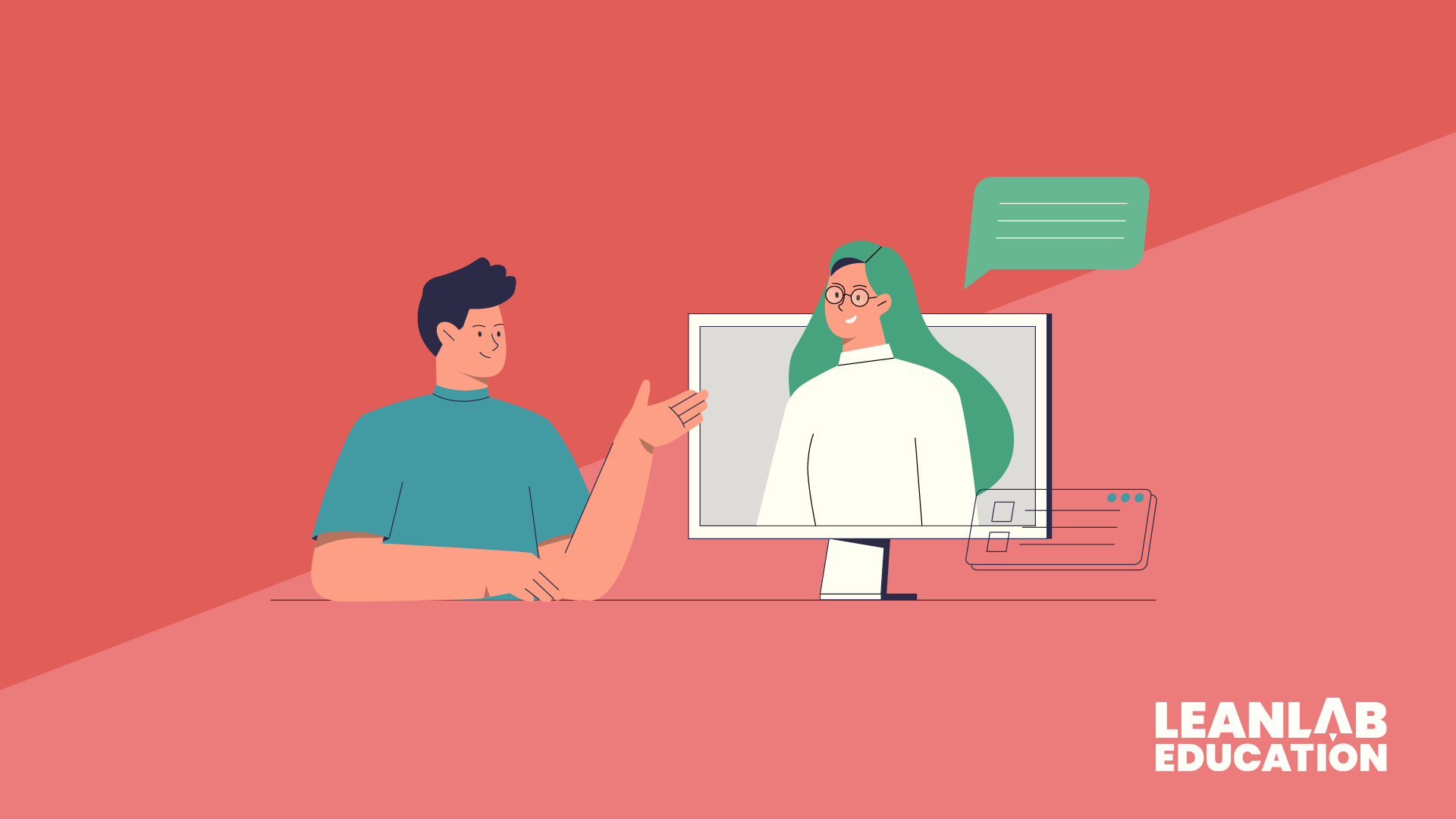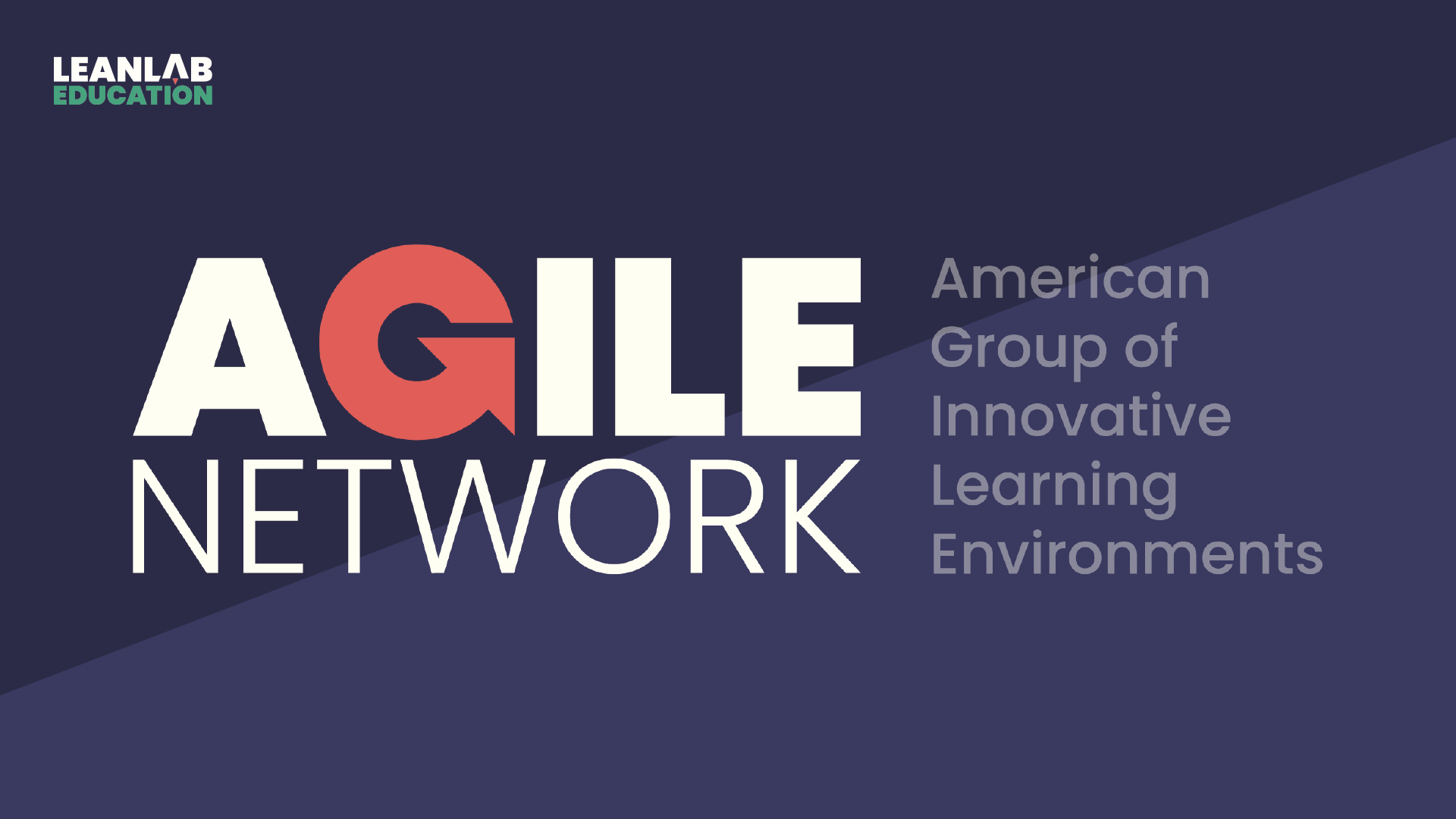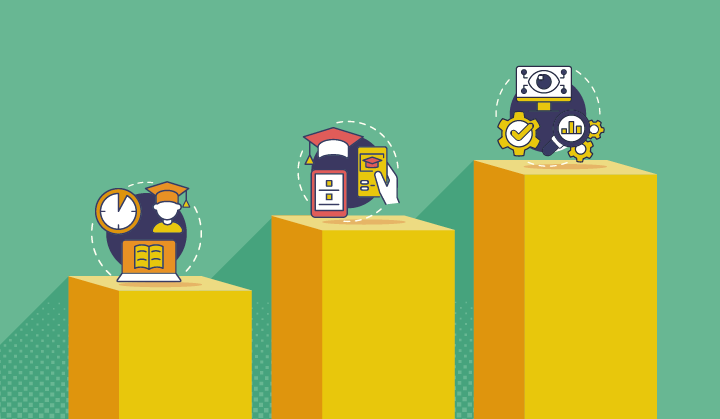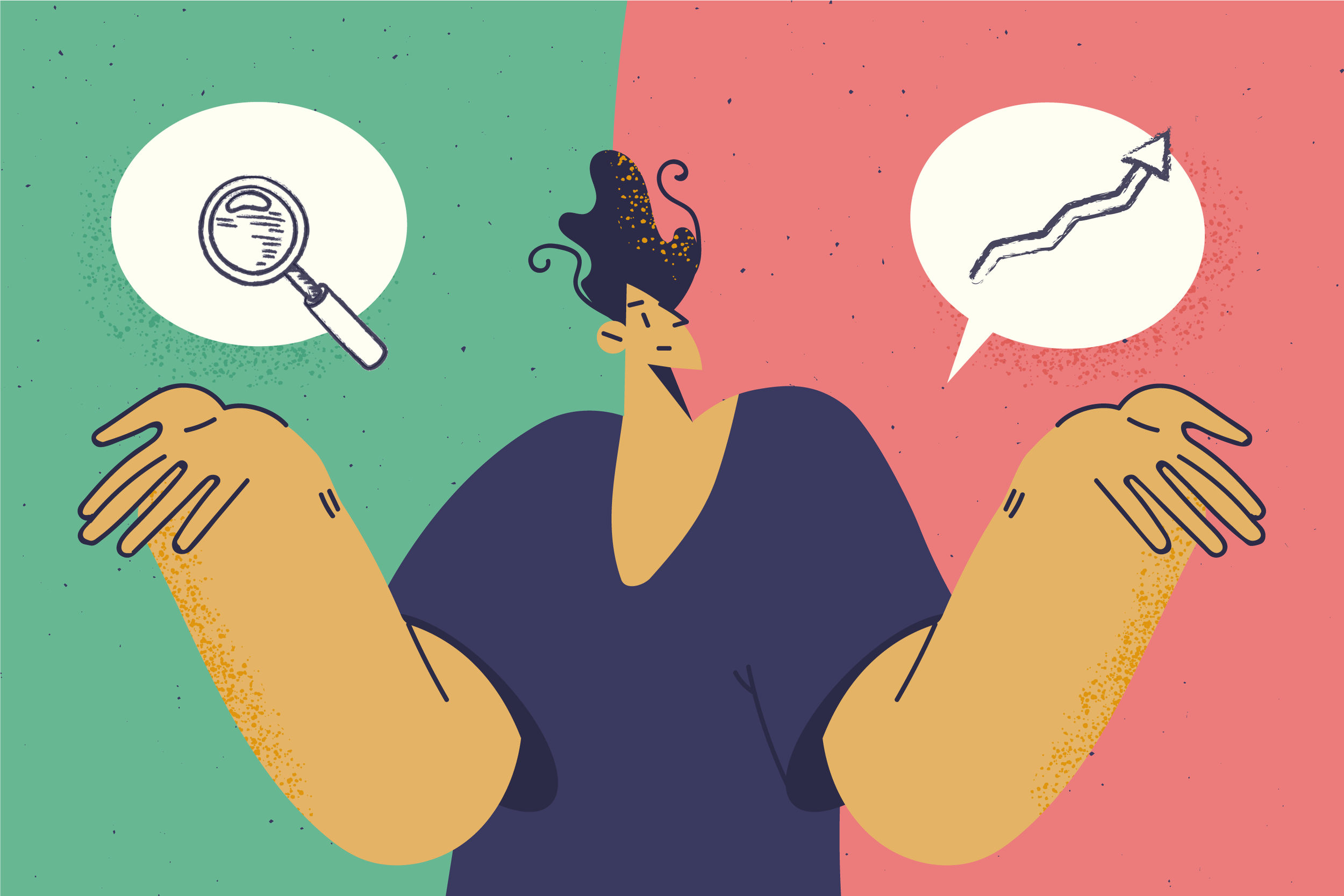
With the explosion of AI in education since ChatGPT’s release in November 2022, the edtech market has seen an influx of tools promising revolutionary changes to teaching and learning. But are these tools meeting real classroom needs? Leanlab Education set out to answer this question by working with five edtech companies, each developing AI-powered solutions, through codesign research involving over 40 teachers and their students across the U.S.
In an article for Edtech Insiders, Leanlab CEO Katie Boody Adorno discusses the importance of inclusive innovation in edtech—particularly with the rapid development and adoption of AI technologies— and how organizations are collaborating to transform education R&D to better support educators and students.
Leanlab Education launched the American Group of Innovative Learning Environments (AGILE) Network at ISTELive24 with members from learning environments across the country, including school systems, teachers, and non-traditional learning environments. Comprised of education communities on the cutting edge of innovation, the AGILE Network works to accelerate the pace of education research and development.
Correlational research is a type of research that helps companies examine relationships between their products' usage and learning outcomes, engagement levels, and other user experiences.
In an interview with the Department of Education’s Office of Educational Technology, CEO Katie Boody Adorno reflects on Leanlab Education’s evidence-building partnership work with edtech developers and schools in response to the prompt, “Please describe Leanlab Education’s partnership work with edtech developers and schools to support evidence-building practices across the levels of evidence.”
Educators and students are the source of truth on the classroom experience, and they hold invaluable knowledge as the end users of many edtech products. Leanlab Education’s research taps into their expertise by bringing together innovative educators and school districts to collaborate with edtech companies seeking to solve real problems in education.
In an environment where top-down federal regulation demanding rigorous evidence of edtech is unlikely, we must work to leverage market forces for good. To do so, we need to work to find the middle ground between solution providers' natural go-to-market inclinations and revenue obligations and R&D; where do those two intersect? School Systems and Educators.
Usability testing is a type of product research that helps companies establish a better understanding of the mindset and experiences of people interacting with their product.
We’re learned a lot over the years conducting edtech research in authentic learning environments. Here are 12 lessons that changed the way we do research at Leanlab.
We believe that any successful venture in education must contribute to the ultimate outcome of empowering learners to navigate and respond to the needs of an uncertain future.















